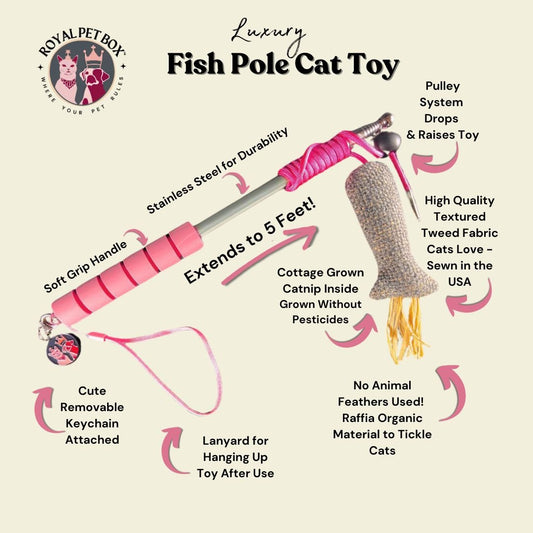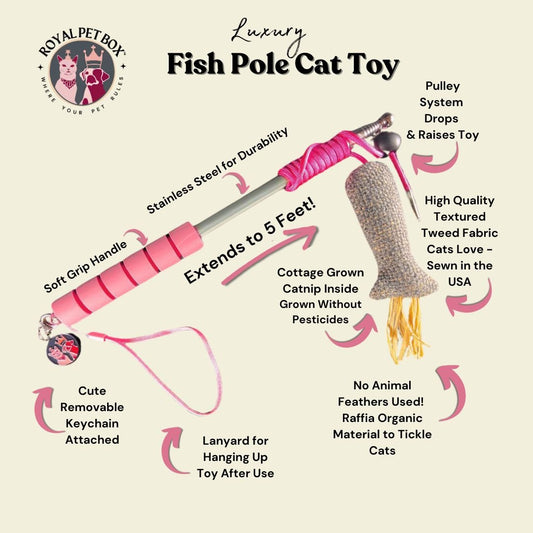
Benefits of Having a Pet
Paris DeesingShare
Benefits of Having a Pet: More Than Just Companionship
Having a pet is a deeply enriching experience that extends far beyond mere companionship. Whether you have a playful pup, a curious cat, or even a small rodent or reptile, the advantages of having a pet in your life are numerous and profound. From enhancing your physical health to boosting your emotional well-being, pets contribute positively to our lives in countless ways.
Companionship and Emotional Support
One of the most apparent benefits of having a pet is the companionship they provide. Pets, especially dogs and cats, offer unconditional love and loyalty. Their presence can help alleviate feelings of loneliness and isolation, providing a sense of purpose and comfort. Studies have shown that interacting with pets can increase levels of oxytocin, a hormone associated with bonding and happiness, which in turn reduces stress and anxiety.
Improved Physical Health
The presence of pets has been linked to numerous physical health benefits. For instance, dog owners tend to engage in more physical activity due to regular walks and playtime, which can lower blood pressure, cholesterol levels, and reduce the risk of heart disease. Pets can also help boost the immune system, particularly in children who grow up with animals, potentially reducing the likelihood of allergies and asthma.
Mental Well-being and Stress Relief
Pets have a remarkable ability to improve mental health. The act of petting a dog or cat has been shown to lower cortisol levels, a hormone associated with stress. Many therapy programs incorporate animal-assisted therapy to help individuals cope with trauma, anxiety, and depression. The responsibility of caring for a pet also provides a sense of routine and structure, promoting a healthier lifestyle overall.
Social Connections and Increased Happiness
Pets are natural icebreakers and can facilitate social interactions between their owners and others. Whether at the dog park or simply taking a stroll, pet owners often find themselves meeting new people and forming friendships based on their shared love for animals. These social connections contribute to an increased sense of happiness and belonging.
Teaching Responsibility and Empathy
For families, having a pet is an excellent way to teach children valuable life skills such as responsibility and empathy. Children learn to care for another living being, understand the importance of routine tasks like feeding and grooming, and develop nurturing qualities that extend beyond their interactions with pets to their relationships with others.
Sense of Security
Pets can provide a sense of security and protection, particularly dogs that are trained as guard animals. Even smaller pets, like birds or rodents, can alert their owners to unusual sounds or potential dangers, offering peace of mind.
Purpose and Companionship for Older Adults
For older adults, pets can be especially beneficial by providing companionship, reducing feelings of isolation, and promoting a sense of purpose. Many retirement communities and assisted living facilities allow residents to have pets because of the positive impact on residents' overall well-being.
The benefits of having a pet extend far beyond the joy of having a furry (or scaly) friend. From improving physical health and mental well-being to fostering social connections and teaching valuable life skills, pets enrich our lives in countless ways. Whether you're a dog person, a cat lover, or prefer the company of more unconventional pets, the positive impact of their presence is undeniable. So, if you're considering bringing a pet into your home, rest assured that you're not just gaining a companion—you're investing in a happier, healthier life.
Check out our luxury pet products at reasonable prices, shown below. Visit our "Royal Pet Box Pet TV" Channel on both Roku and YouTube for fabulous pet-related education and entertainment.
















